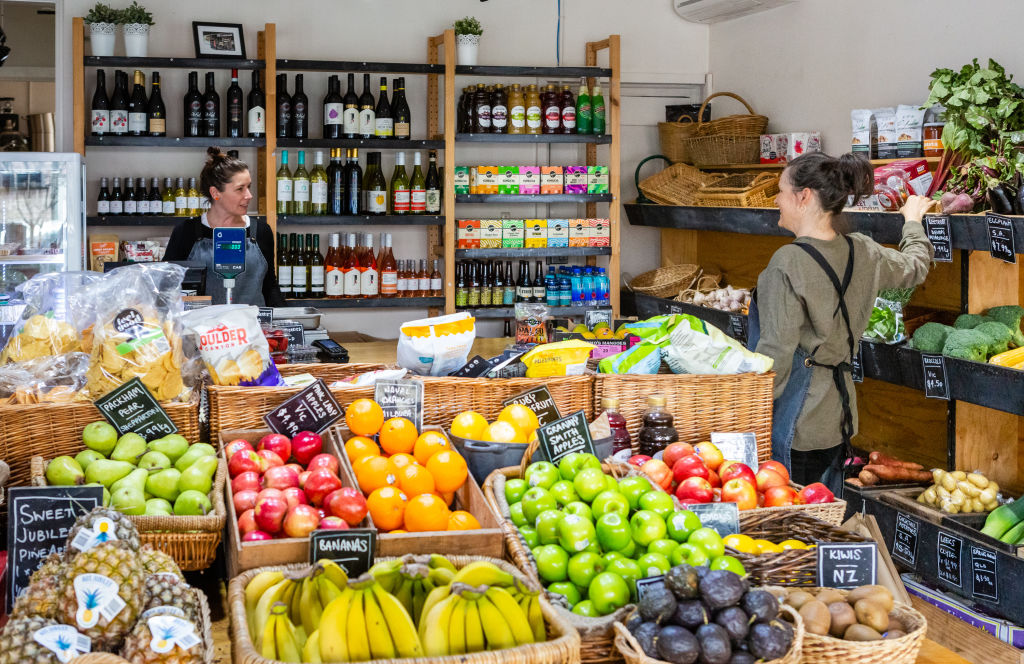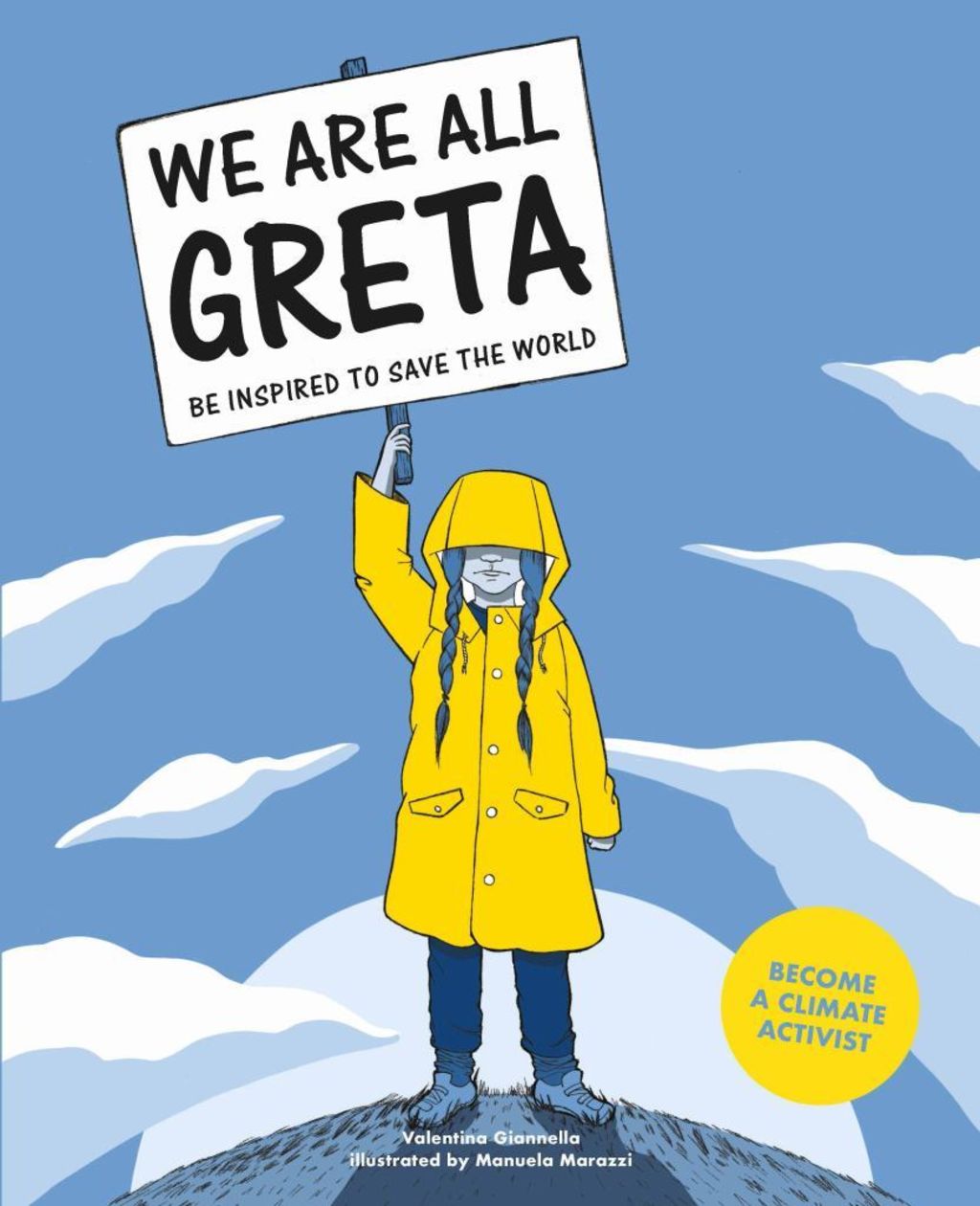Corrie Perkin: To tote or not to tote?

My love affair with tote bags started in earnest at a booksellers’ conference in Brisbane. It was 2010 and the publishing companies were handing them out like lollies.
Some of the totes carried reading copies of forthcoming novels. Others exploded with handouts and brochures when you tipped them upside down on the hotel bed that night.
One publishing rep heard me compliment her colleague on their company’s very nice totes. “Here, have a couple,” she said, stuffing a few more into my hands. It turned out the publisher had printed too many tote bags. Thus, booksellers like myself became worthy recipients of a few freebies.
To tote or not to tote: that is the question all eco-minded retailers are asking. Do we go to the expense of having totes manufactured with our own logo? Or, do we just order in generic calico ones? And, if we do offer totes, do we ask people to pay? If yes, how much? Should we try and cover our costs, or do we just give them away and allocate the expense to the marketing budget?
In recent weeks, I have also been wondering: what’s the current view on paper bags? The other day, a customer was miffed when I offered a paper bag with a handle for her three new books.
“No more bags,” she said rather contemptuously, then shoved her beautiful new books into a hessian bag beside the greengrocer’s veggies.
I winced, then wondered if I was being disrespectful to the environment by seeking to protect William Dalrymple from the customer’s waxy potatoes.
Right-wing grumps like Paul Murray and Andrew Bolt might blame Greta Thunberg and her lot for the new complexities surrounding shopping.

But I love Greta, and think of her every time I sling my tote bag on my shoulder. With determination and intelligence, this woman-child from Sweden has captured our hearts and prompted us to review how we live our lives.
From household rubbish to our meat consumption, airline travel – even paper bags with the bookshop logo on them – Greta is another climate change activist who has prodded us into thinking how we might change our daily behaviour.
For me, it starts with shopping. We all shop. Most of us do it every day.
What we buy, how we transport it to and from stores, and how we use these products (and what we do with the stuff once we have finished with it) are habits we can change right now. For example:
- Invest in a shopping trolley bag on wheels. You can fit so much inside, and prices start around $40.
- If you live near a shopping strip, walk to your shops. On so many levels (improved fitness, eliminating car park angst, supporting local traders, cutting petrol consumption), this is a winning move.
- Buy local products. The fewer kilometres your item has to travel to the supermarket, the less its impact on the environment.
- Need a new fridge or bedside lamp, desk or set of cutlery? Think op shop.
- Some eco experts say we should shop less often to reduce our carbon footprint. My view: if you can walk or bike ride to your local shops, then try to shop daily. There is less tendency to overbuy and chuck out, and you become more focused and better organised with meal planning.
- Avoid plastic. Not just shopping bags, but goods packed in molded plastic cartons and packages.
- Tote up. After all these years, my collection of tote bags is in full use. A couple in my daily backpack, a few in the car, one at my workplace.
- Pick up a copy of We Are All Greta: Be Inspired to Save the World by Valentina Giannella ($19.99). As the author writes in her introduction, “a fearless girl has awakened the conscience of an entire generation and made it concrete and visible’’.
Shoppers of Australia, it’s time to join them.
Corrie Perkin is an award-winning journalist and former managing editor of The Age, and the owner of My Bookshop in Hawksburn.
Sign up for the best of Domain Review in your inbox each week
We recommend
We thought you might like
States
Capital Cities
Capital Cities - Rentals
Popular Areas
Allhomes
More







